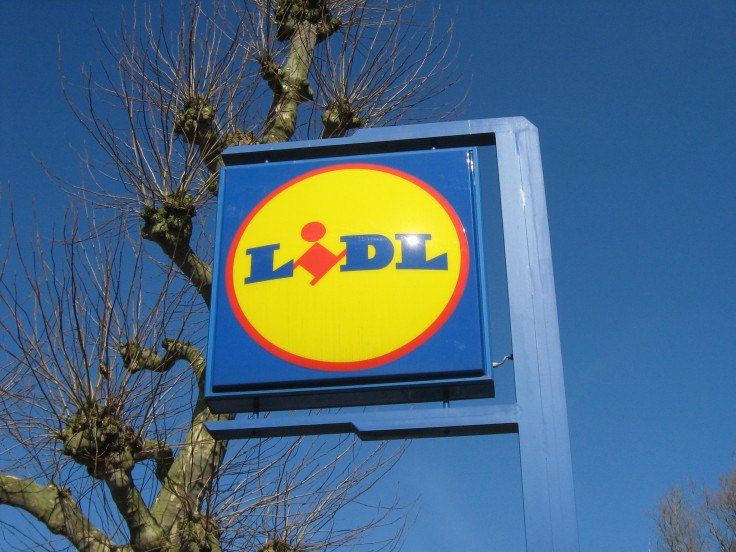
In a significant upset in Britain's ongoing supermarket price war, Lidl has overtaken Aldi to become the UK's cheapest supermarket for the first time since late 2023. The victory, driven by tighter pricing and strategic loyalty discounts, reflects shifting consumer priorities amid rising inflation and a growing demand for better value on everyday essentials.
Lidl vs Aldi: Who's Cheaper?
The comparison, conducted by the respected consumer champion Which? analysed prices across 76 branded and own-label products — including staples such as Hovis sliced bread, milk, and cheese — in eight leading UK supermarkets during July.
In the ranking, Lidl emerged as the cheapest supermarket overall in the price comparison, undercutting fellow discounter Aldi by £1.25 for those using a Lidl Plus card, or by 85p without one.
Asda was the next most affordable option, despite not offering loyalty discounts like its competitors. Its basket total was approximately 9% higher than Lidl's for the same items. Meanwhile, Tesco, even without using a loyalty card, remained more cost-effective than Morrisons, even when Morrisons' loyalty prices were factored in.
How The Other Players Stood Out
Sainsbury's applied Nectar price promotions to 15 of the items included in the comparison, while Tesco offered Clubcard discounts on 16. Morrisons provided two discounts through its More scheme, and Lidl applied loyalty savings to three items in the basket.
Waitrose, although offering loyalty pricing to members, had no applicable discounts on the selected products during the review period. It remained the most expensive retailer for the month, with an average total of £170.91—over £42 (or 33%) more than Lidl.
What About a Bigger Shopping List?
Notably, an expanded comparison of 192 grocery items—including a greater number of branded products—also revealed more significant savings through supermarket loyalty schemes.
Asda was the cheapest for this broader selection for the seventh consecutive month, coming in £7.47 less than Tesco with a Clubcard.
Tesco, which offered Clubcard discounts on 79 of the items, ranked as the second cheapest, followed by Sainsbury's with Nectar prices and Morrisons with its More scheme. Moreover, Waitrose remained the most expensive option, with a total of £538.33—approximately 14% higher than Asda.
However, Aldi and Lidl were not included in Which's analysis, as they did not stock all the branded items on their current research list.
How Loyalty Plays Out Across the UK's Players
Using the smaller selection of products, shoppers with loyalty cards would have seen average monthly savings of 0.3% at Lidl, 0.6% at Morrisons, 2.2% at Tesco, and 3.6% at Sainsbury's.
In a previous listing by Which?, back in October 2024, the savings were notably higher: 2.1% at Morrisons, 6.3% at Tesco, and 6.7% at Sainsbury's.
While loyalty card discounts may appear attractive, they are not accessible to everyone. The duplicate listing has also shown that millions of people are unable to benefit from these promotions because they are ineligible to join supermarket membership schemes—often due to factors such as age, lack of a permanent address, or limited access to digital technology.
'We think some supermarkets could do more to ensure certain groups of shoppers, such as those without a smartphone or those who are under 18, can access – or know how they can access – loyalty prices,' they stated.
Lidl and Aldi's Current Standing with UK Consumers
Aldi and Lidl have continued to win over budget‑focused shoppers in 2025. Aldi achieved a record 11.1 % market share, bolstered by a 6.7% year‑on‑year sales increase, while Lidl posted 11.2% sales growth, lifting its share to 8.1 %.
Consumers are drawn to Aldi's consistent everyday‑low‑price (EDLP) model and limited use of loyalty gimmicks, valuing pricing transparency over promotional complexity. Meanwhile, Lidl's loyalty app and rotating special buys appeal to deal‑hunters and those seeking variety and value discovery.
Overall, the UK supermarket landscape in 2025 reflects a market shaped by inflation, shifting consumer behaviours, and the growing influence of loyalty schemes and discounters. With inflationary pressures and evolving consumer habits, UK supermarkets are under increasing pressure to provide transparent and accessible pricing.
As Lidl takes the crown from Aldi, the competition intensifies — and for Britain's budget-conscious shoppers, the race to the bottom may just be getting started.







